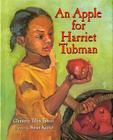 Speak your mind, even if your voice shakes.
Speak your mind, even if your voice shakes.
Virginia Euwer Wolff
Each of us must find ways to live with courage and hope in an imperfect world. Middle grade students, in particular, stand on the cusp of self-discovery but are often uncertain how to navigate their path through adolescence. Many care deeply about fairness, justice, and reaching out to others, yet they wonder Where do I fit in? How can I make a difference?
In my writing and in my work with beginning teachers, I’ve been inspired by National Book Award-winning author Virginia Euwer Wolff and her quote above. She goes on, “It’s the kids with the faltering voices … many of us are writing for them. Not to change them into different kids, but to keep them company while they evolve.” Books raise questions, offer a sense of life’s complexities, and illustrate how people make decisions under less-than-perfect circumstances. Fiction and nonfiction can help middle grade readers develop empathy and gain insight into how people – real and imagined – deal with challenges no matter who they are, or where or when they live. And often, it’s a teacher or librarian who puts the book into a reader’s hands that helps her find her voice.
My job is to help beginning teachers learn how to open the world of literacy to students in kindergarten through eighth grades. One of the most meaningful assignments we undertake is a Themed Literature Unit, a structured unit of study designed to develop crucial literacy skills as students read, write about, discuss, and sometimes respond artistically to high-quality children’s literature. Each unit is focused on what I call a “human issues theme” (e.g., working for justice, reaching out to others, persevering despite obstacles, caring for the environment), vital challenges that we all face as members of a democratic and global society.
Here are three examples of units my graduate students will be teaching this winter:
Adapting to New Situations ~ 4th grade
Susie Henderson teaches at a highly diverse urban school in Seattle. Her students and their families come from all over the world and have had to face the challenges of adapting to new environments.
Here’s how she explains the goal of this unit: “It is my hope that students will make connections to their own experiences and mature/grow in their understanding of the real world through the exploration of this theme. Given that adapting to new situations is a vital skill for all of us, the unit will pave a path for students to explore what it means to adapt and also realize that this is something that all humans do.”
Big Ideas
The unit guides students to understand three big ideas:
Adapting to a new situation or environment means we find a way to belong in an unfamiliar place or with different people;
It takes courage to adapt to new situations; and
Source: www.fromthemixedupfiles.com
You might also like:
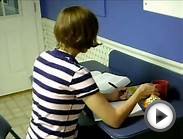
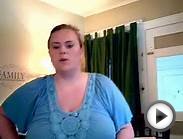
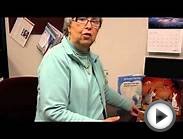
Related posts:
- Thematic literature review Sample
- Thesis literature review
- Thematic literature review
- Themes in Literature
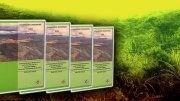
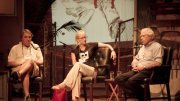
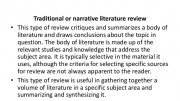
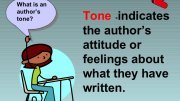


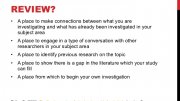

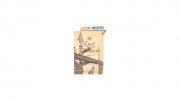
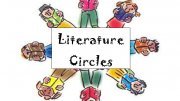














Breakdown of social norms,Realistic embodiment of social meanings,Separation of meanings and senses from the context,# Despairing individual behaviours in the face of an unmanageable future